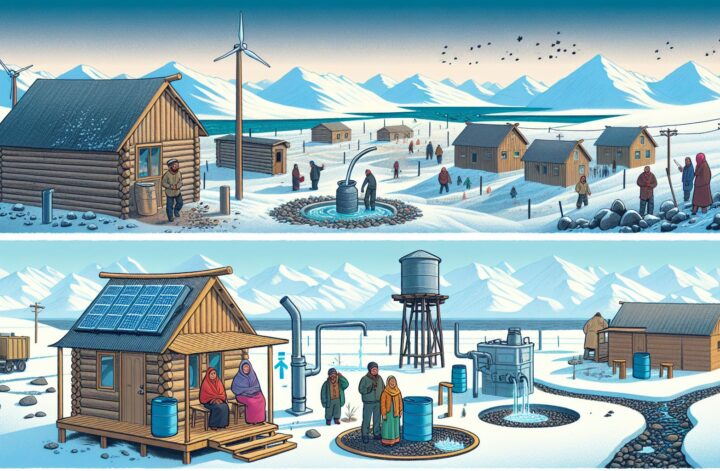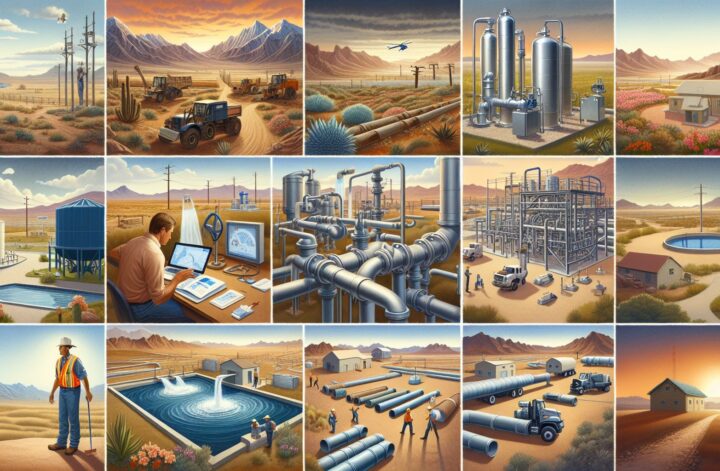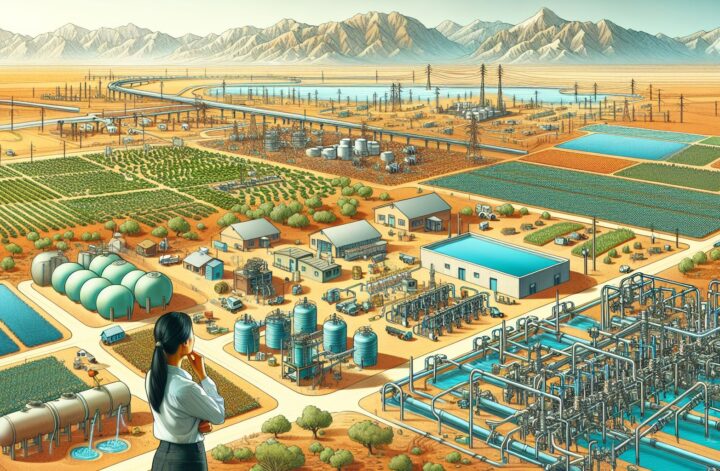Rural water and wastewater services often receive lesser attention than their urban counterparts, but are nonetheless crucial for the sustainability and health of communities in more isolated regions. In this light, Alaska, the largest and one of the least densely populated states in the USA, faces unique and significant challenges in maintaining these services.
Primary Concerns and Challenges
Off the road system (ORS), many Alaskan villages have to deal with severe geographical and climatic conditions. In many cases, these remote regions lack direct access to traditional piped water and sewer systems, due to prohibitively high cost of installation in harsh terrains and permafrost conditions, and the small population size reducing the efficiency of such enterprises[^1^]. Instead, they have to rely on hauled water and waste services or self-supplied systems, contributing to lower service reliability and quality, and occasionally leading to health concerns such as increased transmission rates for waterborne illnesses[^2^].
Community Involvement and Adaptations
Addressing these challenges requires unique strategies and adaptations. One remarkable effort is the Alaska Native Tribal Health Consortium (ANTHC), which, in collaboration with funding agencies and local communities, has been implementing innovative, site-specific decentralized water and wastewater systems. ANTHC’s solutions include the development of modular treatment systems, water-efficient appliances, above-ground ‘Arctic’ pipes, and sanitation facilities incorporating local feedback to ensure users’ familiarity and comfort[^3^].
Looking Forward
Achieving sustainable, resilient, and high-standard water and wastewater services in rural Alaska requires consistent commitment and cooperation from across different levels of society. From funding agencies recognizing the need for and value of site-specific solutions, to local communities navigating the complicated demands of self-supply and maintaining innovative systems. The situation is undeniably challenging, but with continued efforts and adaptability, it is a challenge that Alaska can meet.




